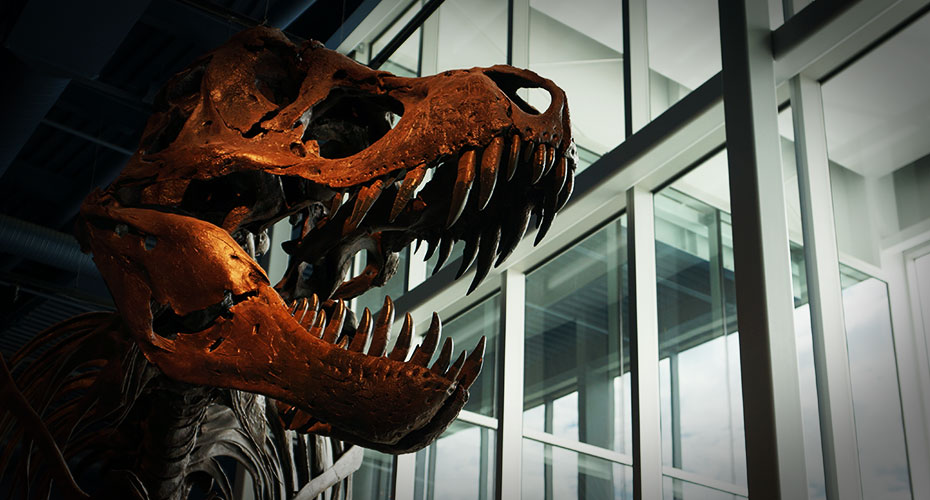Objectives
-
List and identify examples of decomposers and describe their role within a simple food web.
-
Differentiate between compostable waste and non-biodegradable waste.
-
Explore the active process of decomposition.
-
Create a worm compost farm.
Materials
Background
Energy enters the food chain from the sun.
Producers (e.g. plants) create complex organic substances (essentially food) using energy from sunlight and other materials.
Consumers (e.g. animals) get their energy by eating the producers and/or other consumers.
Scavengers and decomposers get their energy by eating dead plants or animals.
Rotting food (or food that’s gone ‘bad’) doesn’t look or smell great but it contains a wealth of nutrients, including carbon, nitrogen, and phosphorous. Living organisms require these nutrients to create cells, tissues and to provide energy for life processes.
When a plant or animal dies, nutrients would remain forever locked in the dead tissues if it weren’t for decomposers. The decomposers complete the cycle by returning essential molecules to the plant producers.
Decomposers (fungi, bacteria, invertebrates such as worms and insects) have the ability to break down dead organisms into smaller particles and create new compounds. We use decomposers to restore the natural nutrient cycle through controlled composting.
Decomposers are the link that keeps the circle of life in motion. The nutrients that decomposers release into the environment become part of the soil, making it fertile and good for plant growth. These nutrients become a part of new plants that grow from the fertile soil.
Vocabulary
Biodegradability: Biological and biochemical breakdown of organic materials by the environment. Biodegradability simply means that soil micro-organisms and natural weathering processes are capable of decomposing the material into soil nutrients without leaving any harmful residues behind. Or: something that rots.
Bioplastics: Plastics made from renewable plant material or plant products like cornstarch, potato starch, or tapioca. These can biodegrade.
Bioremediation: Any process that uses micro-organisms, fungi, algae, green plants or their enzymes to improve the state of a natural environment altered by contaminants.
Compost: Verb: the controlled process of decomposing organic material. Noun: organic material that can be used as a medium to grow plants. Humus (mature compost) is a stable material that is dark brown or black and has a soil-like, earthy smell. Given enough time, all biodegradable material will oxidize to humus.
Decomposer: An organism, often a bacterium, fungus, or invertebrate that feeds on and breaks down dead plant or animal matter, making organic nutrients available to the ecosystem. Or: ‘FBI’ (fungi, bacteria, invertebrates)
Decomposition: The action or process of breaking down; the rotting or decaying of plant or animal matter.
Invertebrate: An animal that lacks a backbone or spinal column.
Nutrients: Organic and inorganic compounds that a living organism needs to live and grow or a substance used in an organism’s metabolism which must be taken in from its environment. Or: food.
Organic waste: Waste created by or from a once-living organism. It is capable of decay and is composed of carbon compounds.
Vermicomposting: Using earthworms/red wiggler worms to turn organic waste into very high quality compost.
Other Resources
Science World | Decomposer Photo Cards
UN Food &Agriculture Organization | Soil Biodiversity: Enter a Hidden World
Crash Course Kids | Video | The Dirt on Decomposers
BC Green Games
Metro Vancouver | Worm Composting Brochure
US Department of Agriculture | Ask the Answer Worm!
Recycling Council of British Columbia | Recycling Fact Sheets
Victoria Compost & Conservation Education Society | Fact Sheets
Worms Eat My Garbage by Mary Appelhof
 copy.jpg)
